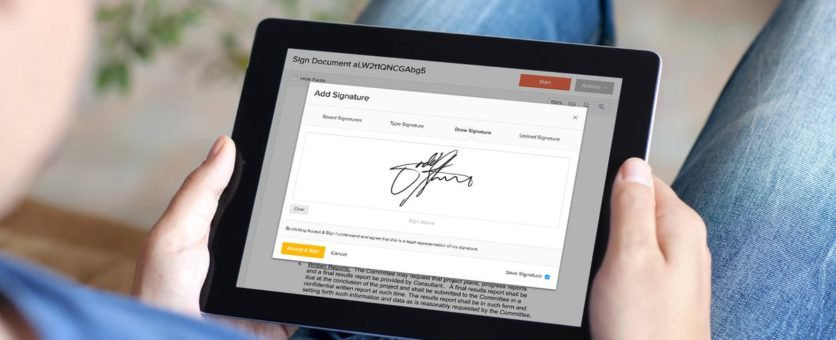The COVID-19 pandemic did not just disrupt physical meetings and physical office spaces; workflows that relied on in-person interaction, such as signing documents and contracts, were also highly impacted. Electronic signature (e-signature) software has surged in popularity over the past two years as enterprises looked to modify their signature workflows to support a remote workforce, said Holly Muscolino, group vice president for content strategies and future of work at IDC.With many companies returning to an in-person office environment or adopting a hybrid workforce approach, where employees work some days in the office and some at home, e-signature vendors are working to convince businesses that they are still relevant. Although the market has slowed down, Muscolino said, “it’s still showing healthy growth, because there are still companies who have not adopted this technology. There is still significant room for adoption.”To read this article in full, please click hereThe COVID-19 pandemic did not just disrupt physical meetings and physical office spaces; workflows that relied on in-person interaction, such as signing documents and contracts, were also highly impacted. Electronic signature (e-signature) software has surged in popularity over the past two years as enterprises looked to modify their signature workflows to support a remote workforce, said Holly Muscolino, group vice president for content strategies and future of work at IDC.With many companies returning to an in-person office environment or adopting a hybrid workforce approach, where employees work some days in the office and some at home, e-signature vendors are working to convince businesses that they are still relevant. Although the market has slowed down, Muscolino said, “it’s still showing healthy growth, because there are still companies who have not adopted this technology. There is still significant room for adoption.”To read this article in full, please click here

